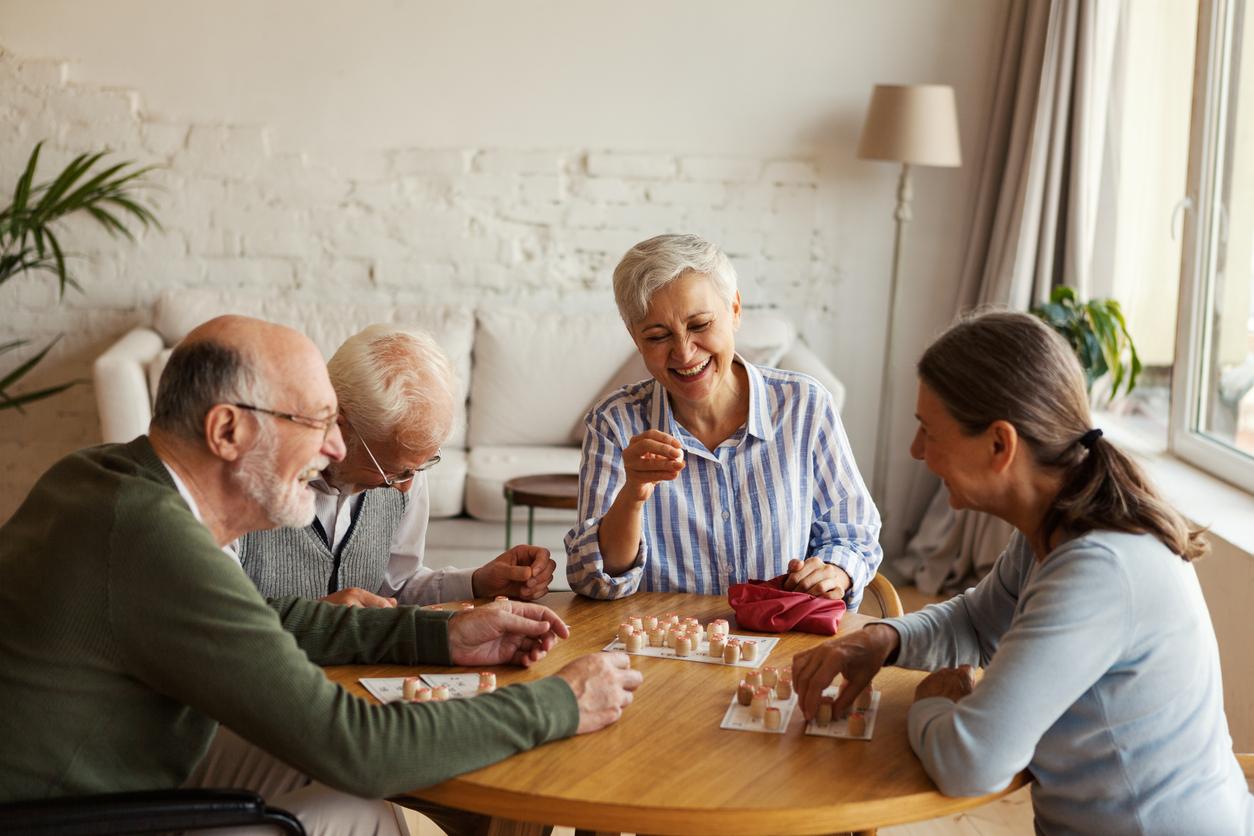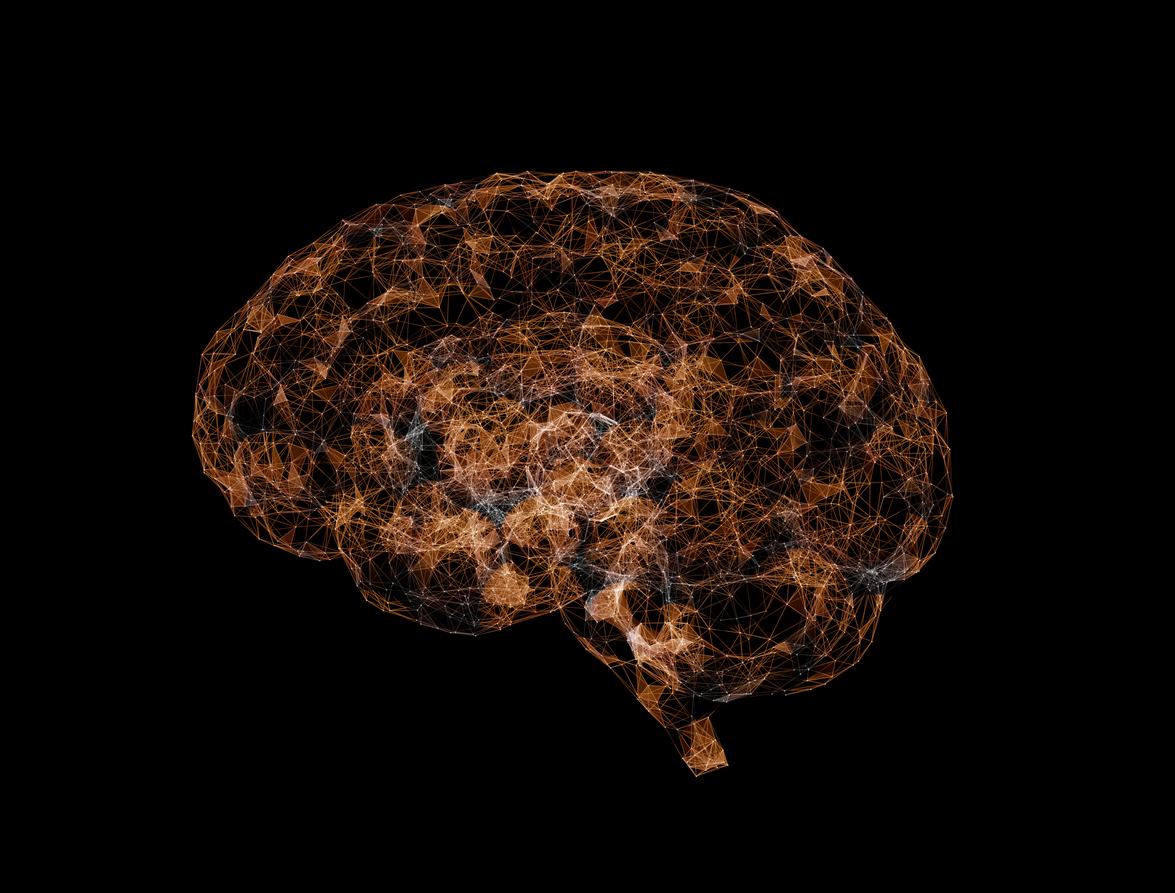Volunteer, dancing evening, lotto, family meal, going to a football match … All activities leading to meeting people help keep the brain healthy and demented dementia.

- Having social activities helps demention dementia of 5 years.
- These are activities promoting interactions with other people like going to the restaurant, traveling, volunteering, going to see a competition …
- In addition, a five -year delay in the appearance of dementia would live three more years.
If you want to protect your brain and keep good cognitive functions as you get older, multiply activities promoting meetings and exchanges. A study, conducted by a team from Rush University Medical Center and published in the journal Alzheimer’s & Dementia: The Journal of the Alzheimer’s Associationconfirms that being sociable helps to delay the appearance of dementia of 5 years.
Dementia: having at least 6 social activities protects cognitive functions
To assess the impact of social health activities on brain health, scientists brought together 1,923 elderly people without neurodegenerative disorder at the start of research. The average age was about 80 years. During the follow -up, 545 participants developed dementia and 695 a light cognitive impairment. Each year, they made examinations including an analysis of the medical history as well as neuropsychological and memory tests. Their level of social activity – such as going to restaurant or sporting events, playing bingo, going on a trip, visiting your loved ones, volunteering – was also assessed.
The analysis of the various data collected suggests that a frequent social activity – at least six current social activities in the year – results in a reduction of 38 % of the risk of dementia compared to homemade people. The risk of slight cognitive impairment decreased for its part by 21 %. In addition, the elderly who saw few people developed dementia on average five years before those who came out a lot.
“In addition, it is estimated that a five -year delay in the appearance of dementia would make it possible to live three more years and reduce the costs of dementia by 40 % over the next 30 years”add the authors to their press release.

Social activities and cognitive functions: reinforced cognitive networks?
If the study highlighted the benefits of a busy social life on the brain, researchers do not know exactly this protective effect comes. The main author Dr Bryan James de Rush University Medical Center advances an explanation “Social activity can encourage the elderly to participate in complex interpersonal exchanges, which could promote or maintain effective neural networks in the case of a situation in which we use it”. A frequent sociability would thus help to make neurons resistant to pathologies linked to aging. In addition, we also know that social behavior activates the areas of the brain involved in thought and memory.
The researcher thus plans to carry out studies to determine whether the interventions aimed at increasing social activity at the end of life can play a role in delay or prevention of cognitive decline.

















